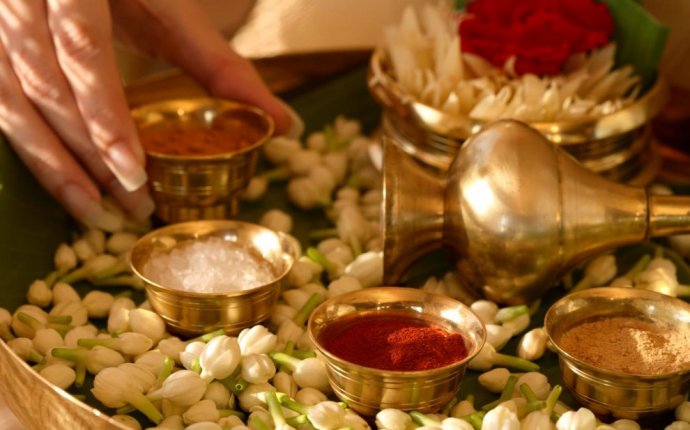
Ayurveda at Home
If you’d like a glimpse into the benefits of panchakarma (ayurveda’s ancient cleansing and rejuvenation practice) without the expense of going to a clinic, try this home version, which ayurvedic expert Vasana Lad recommends in The Complete Book of Ayurvedic Home Remedies. Avoid this program if you are pregnant, weak, anemic, or debilitated. Otherwise, it’s safe for most healthy people.
Getting Started
Spend your time resting, walking in nature, reading light material, and practicing gentle yoga and meditation.Ideally you should undertake this mini-program during a weeklong vacation so that you can escape your daily grind. If you have a hectic family life, rent a cabin in the woods where you can observe silence. Avoid excess stimulation (including sex) and spend your time resting, walking in nature, reading light material, and practicing gentle yoga and meditation. At the minimum, do days 1 to 3 during the workweek and days 4 to 8 over a long weekend.
A word of caution: According to Lad, this program releases old, unresolved emotions stored in our deep connective tissue. To cope, he says, avoid the urge to resuppress them and practice regular meditation to soothe your heart and soul.
Days 1–3 of Panchakarma
Drink 2 ounces of warm ghee in the early morning (if you have high blood levels of cholesterol, triglycerides, or sugar, replace the ghee with 2 tablespoons of flaxseed 15 minutes before meals for three days). Vata-dominant people should add a pinch of rock salt to their ghee, while kapha-dominant people should add a pinch of trikatu. Follow your dosha-pacifying diet. Every night, put 1/2 to 1 teaspoon of triphala powder into a cup and add 1/2 cup of boiling water, steep for 10 minutes, then drink. This is a mild but nourishing laxative.
Days 4–5 of Panchakarma
Drink a tea specific to your dominant dosha, steeping 1/2 to 1 teaspoon for 5 minutes, then drink.
Vata Tea — equal parts ground ginger, cumin, and coriander
Pitta Tea — equal parts ground cumin, coriander, and fennel
Kapha Tea — equal parts ground ginger and cinnamon, and a pinch of clove
At bedtime, massage your body for 15 to 20 minutes with 8 ounces of warm organic oil (sesame oil for vata, sunflower oil for pitta, and corn oil for kapha). Rest for a few minutes to let your skin absorb the oil, then take a hot shower or bath. Scrub your body with natural soap but allow some oil to remain on your skin. Then take a dose of triphala and head to bed.














